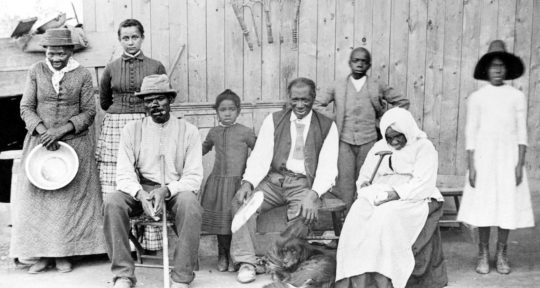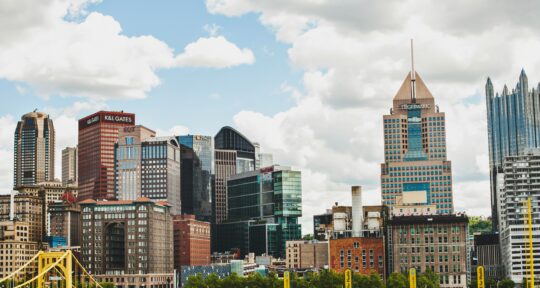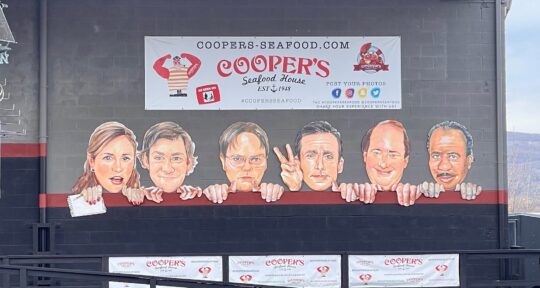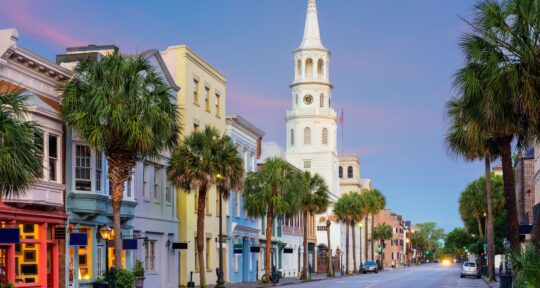Philadelphia is one of my favorite and most frequent getaways from New York City. With historic landmarks at every turn, the City of Brotherly Love is also full of art and soul, and steeped in African American culture. I particularly love the passion and resilience of the city’s Black artists and entrepreneurs; on my latest trip, I visited two Black woman-owned businesses that have weathered the COVID-19 pandemic and ongoing racial tumult, conveying an inspirational message of pride and perseverance.
The name of Jenea Robinson’s niche beauty supply boutique, Marsh + Mane, is a tribute to Black hair and her family’s Southern roots. Photos of her matriarchs are framed in gold on the wall behind the cash wrap. Suspended in the middle of the inviting shop with charming vintage décor, there’s a rustic centerpiece fashioned from dried flowers and cotton stems.
Located in the popular South Street shopping district, Marsh + Mane caters to hair care for women of color with natural kinks, locs, and curls, as well as protective styles like braids and twists. Robinson opened her shop 3 years ago to offer Black women a serene and safe shopping space, and it was important for her to have a business in a prime retail corridor.
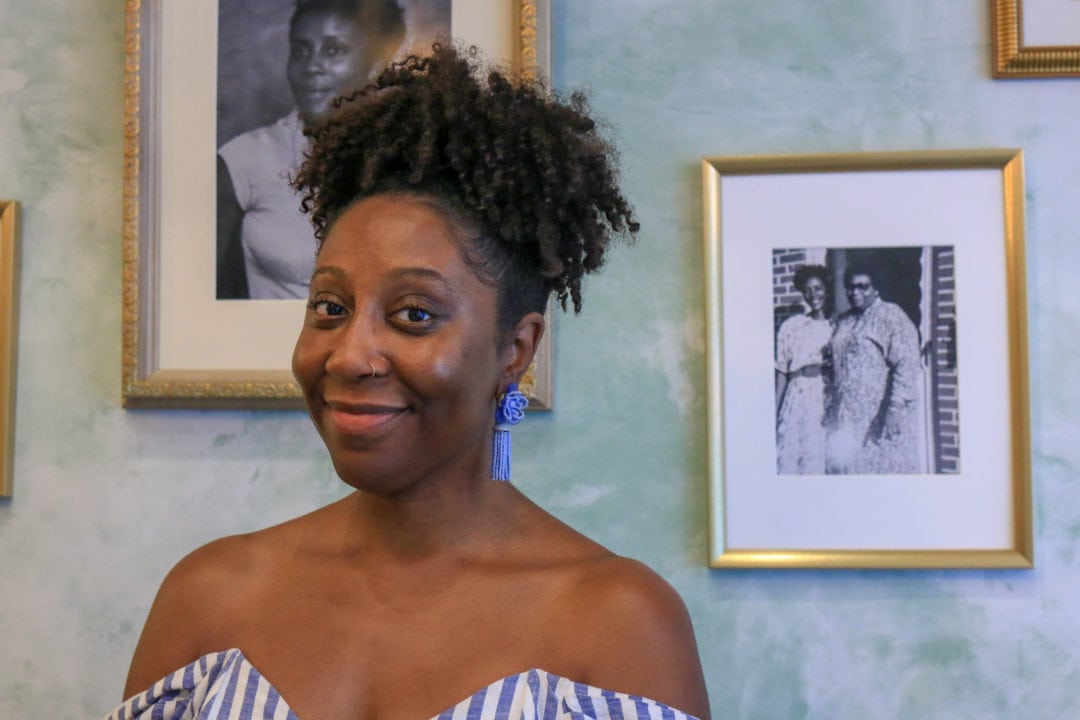
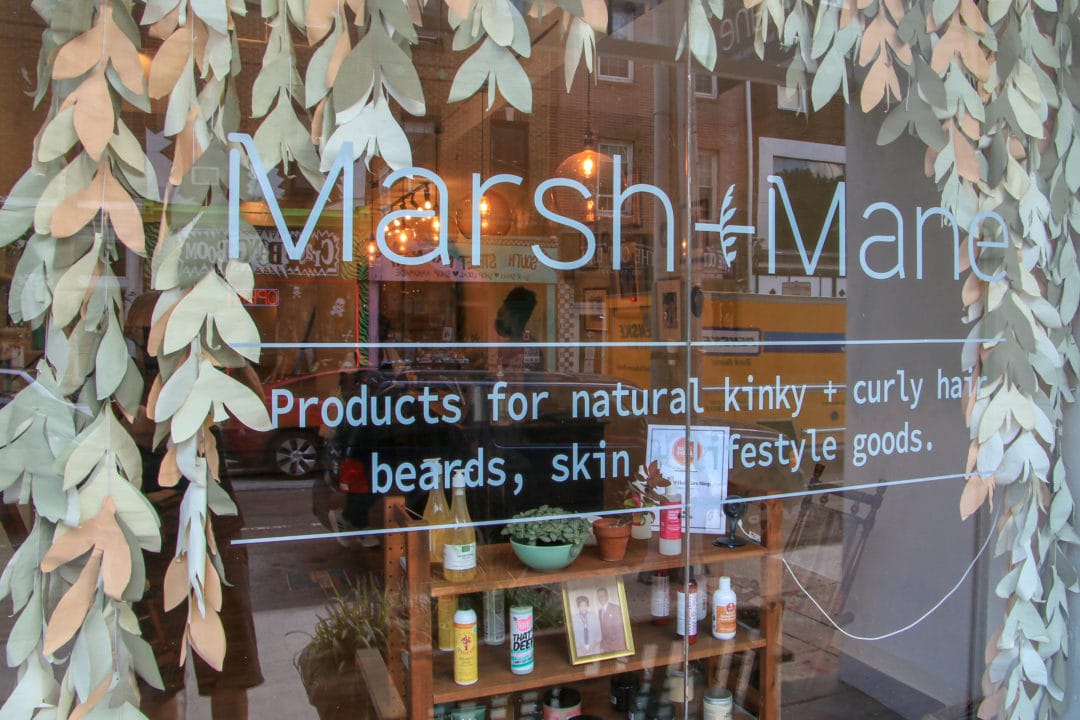
“I didn’t want to be pushed out into another part of the city,” she says. “Philly is a majority BIPOC city, but there’s still a lack of representation in Black- and brown-owned businesses in Center City.”
The epicenter of the Black community
Robinson points out that the South Street area was once the epicenter of the city’s Black community (then known as the Seventh Ward). Civil rights activist W.E.B. DuBois lived here and went door-to-door gathering information on Black households, publishing his groundbreaking sociological study, The Philadelphia Negro, in 1899. This area is also home to the Mother Bethel African Methodist Episcopal (AME) Church, open to worshippers since 1791 (services are currently virtual due to COVID-19).
Jeanine A. Cook also had a specific location in mind for her activism-and-women-centric, Harriett’s Bookshop, named for Underground Railroad conductor Harriet Tubman. The extra “t” is a nod to Tubman’s mother, whose name she adopted. Initially, Cook says she wanted to set up shop “down the bottom,” a historically Black—but rapidly gentrifying—neighborhood in West Philly where she taught poetry, storytelling, and photography for after-school programs. Instead, she landed in Fishtown, a section of the city with a history of racism and segregation.
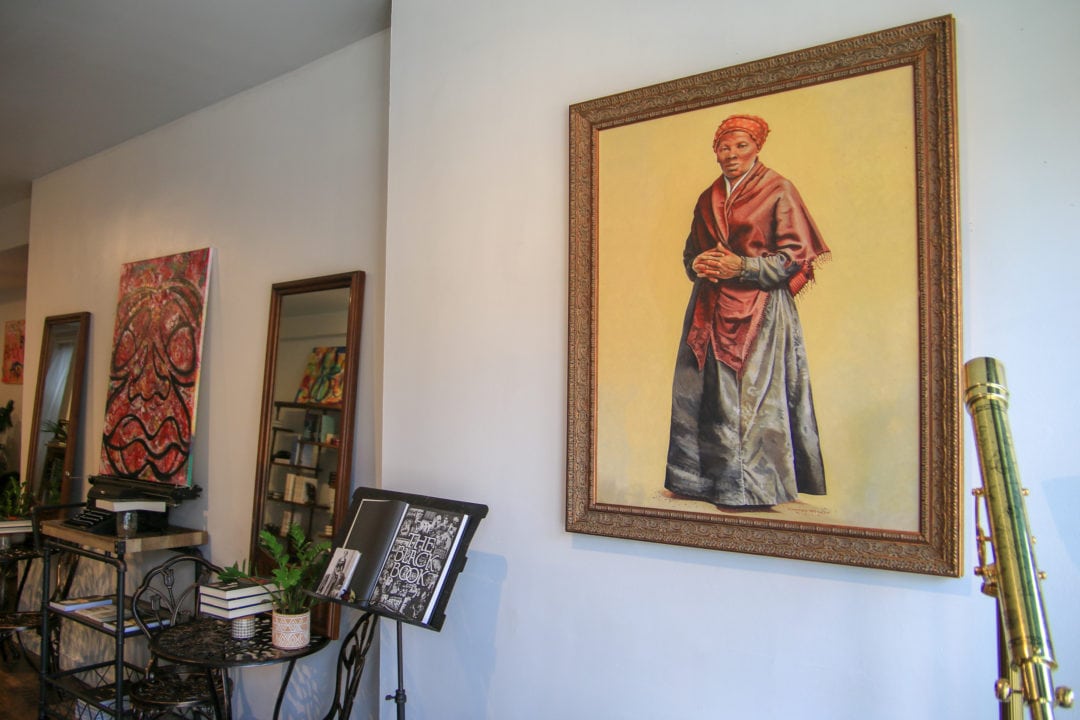
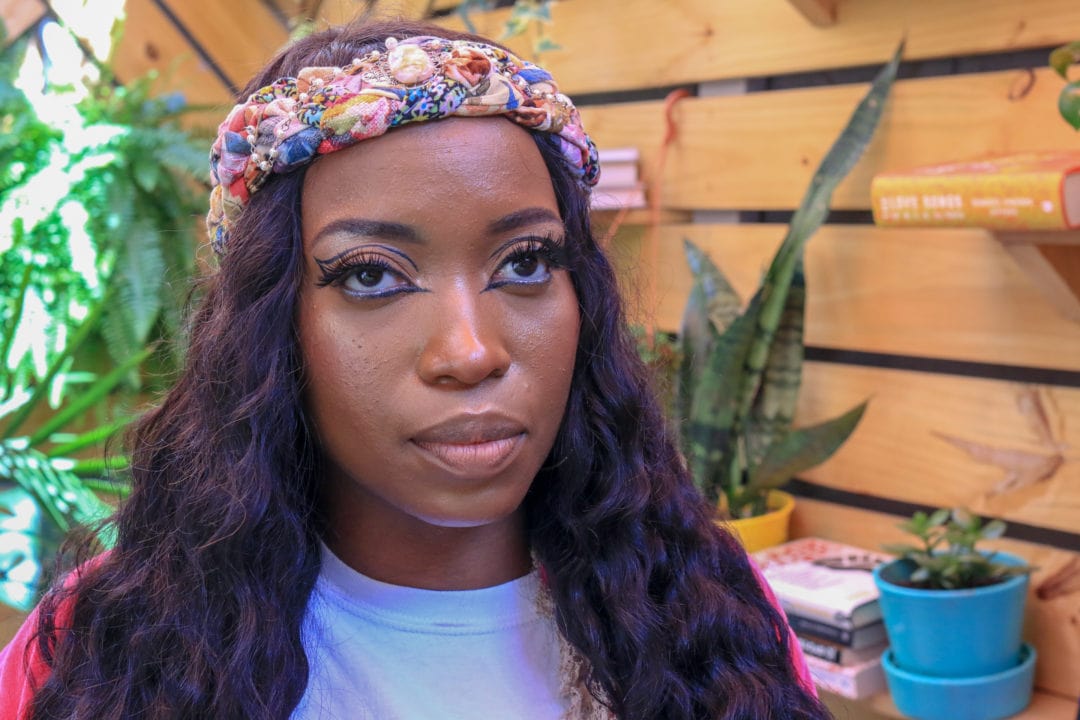
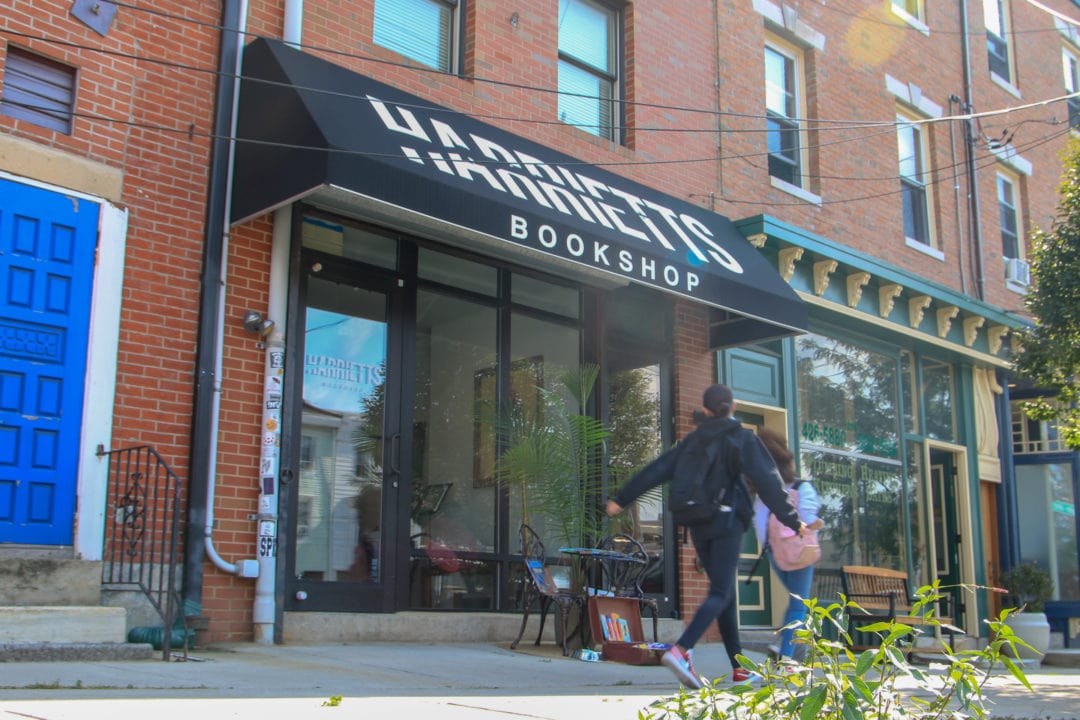
Cook opened Harriett’s in February 2020, just 6 weeks before the pandemic prompted a nationwide shutdown. The bookstore offered grab-and-go books on the honor system and hosted author talks and performances by local female artists in front of the store. Because of the area’s reputation as being unwelcoming to African Americans, some of Cook’s customers have commented that they wouldn’t venture to Fishtown if it weren’t for her bookstore.
“People [used to] chase you out of this area if you weren’t white,” says Cook.
‘This is our monument’
Cook notes that Tubman was also “a stranger in a strange land” when she fled slavery in Maryland and came to Philadelphia, and she can relate to feeling like an outsider who is finding her way. “It’s complicated. Fishtown is in a good conflict with itself,” Cook says. “It is deciding what neighborhood it wants to be. [But] if this is where I ended up, this is where I’m supposed to be. There’s a bigger plan at play.”
The bookstore’s mission is to celebrate women authors, artists, and activists; inside, the well-stocked shelves are overflowing with Black girl magic. A regal framed portrait of Tubman is mounted near the entrance and antique typewriters, housewares, and suitcases are tastefully staged throughout the bookstore. In the back there’s a tiny tranquil and meditative garden where customers can read and chat. And in the basement, aptly called “The Underground,” a conversation with Pulitzer Prize-winning author Toni Morrison is projected onto a wall overlooking a bed and played in a continuous loop.
Cook invites patrons to use this candlelit space to sit, reflect, and tune into their own creative voice. “There’s no monument for Harriet in Philly—so this is our monument,” Cook says.

